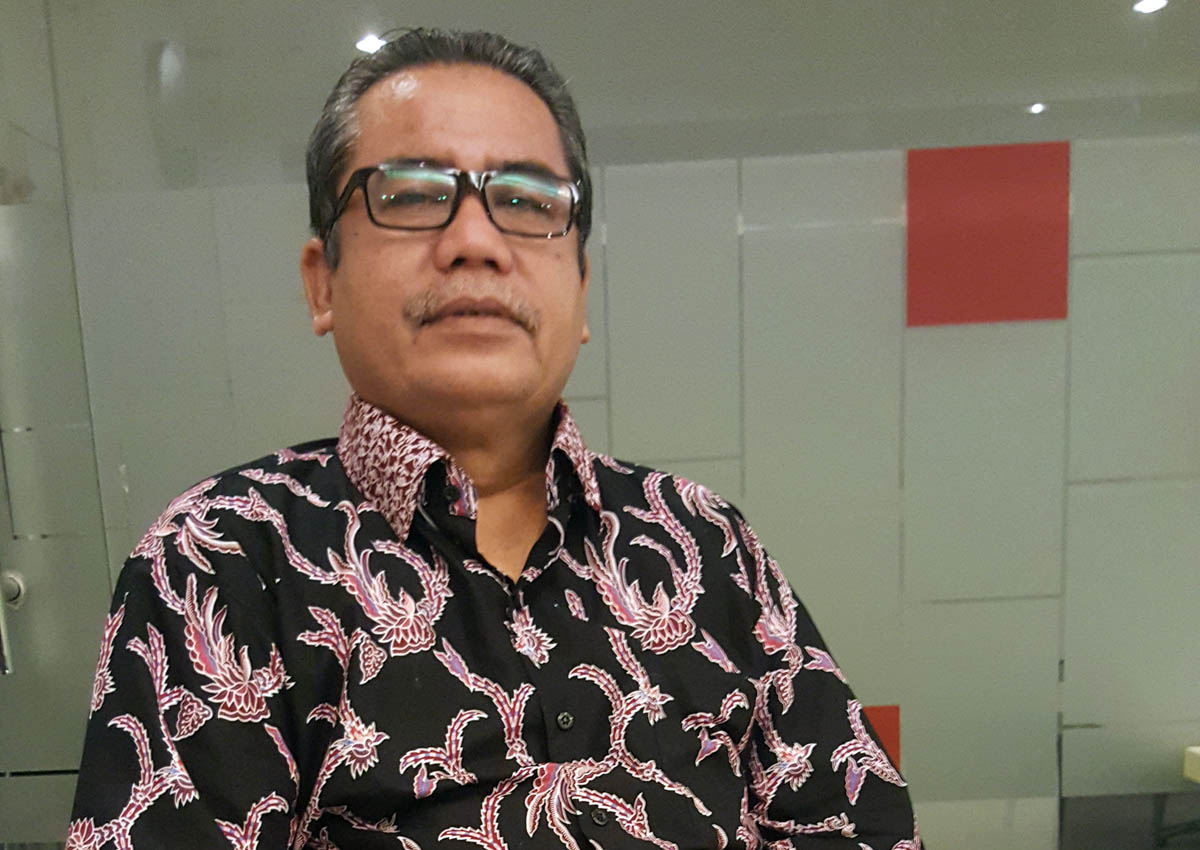Armed with saws, a group of 300 Muslims gathered outside a radio station in Batam three years ago, threatening to cut its radio antenna if it did not stop airing extreme religious sermons.
“They shouted, ‘If you don’t stop criticising us, we will break down this post,’ ” the head of Indonesia’s Religious Affairs Ministry in Batam, Mr Zulkifli Aka, told The Straits Times in an interview yesterday.
The authorities stepped in to control the crowd, and held a meeting between the protesters and clerics from the station, called Radio HangFM, to iron out their differences. The station’s preachers then signed an agreement promising not to call people who refused to follow their teachings infidels, he said.
But it broke its word, and the provincial broadcasting regulatory body, called the KPI, sent a warning letter to the station early last year.
“The government has been monitoring the station closely since then, and we are now gathering evidence to shut it down. We can’t simply close it for being against the mainstream as that’s not a crime,” Mr Zulkifli said.
The controversial radio station has a following among Batam’s neighbours, and even as local residents take issue with its intolerant, divisive preachers, their extreme views appear to have played a role in the radicalisation of several persons.
Singapore’s Ministry of Home Affairs yesterday announced it had detained two self-radicalised Singaporeans and issued Restriction Orders against another two who had planned to join the Islamic State in Iraq and Syria (ISIS) terror group.
The ministry noted that detainees Rosli Hamzah, 50, and Mohamed Omar Mahadi, 33, began listening to Radio HangFM in 2009 and 2010 respectively.
It is believed the station’s extreme preachers made them more susceptible to being radicalised by ISIS propaganda in later years, observers noted.
Mr Zulkifli said Radio HangFM was set up by a Batam resident, Mr Zein Alatas, a bank officer who “suddenly underwent a transformation after mingling with clerics who studied in the Middle East”.
The station can be accessed online and over the airwaves, and its website mentions an audience in “Batam, Singapore and Johor”.
It airs mostly Quranic recitations and religious speeches by local Bahasa Indonesia-speaking clerics who hold extremely conservative and exclusivist views and reject local traditions and customs, even though these have long been practised by many Muslims in South-east Asia.
“They say cultural ceremonies like shaving a newborn baby’s head and reading the Quran on Friday nights were not the Prophet Muhammad’s way,” he said.
The station, he added, had “tens of thousands” of listeners. Fans could call the station to get advice from its clerics and a number of them attended events it organised.
“The station plays no music, just Quranic reading and religious sermons non-stop. They say they are anti-terror, anti-radical and anti- ISIS,” he said.
“Their problem is that they try to impose their views on others. Those who do not subscribe to these views are called misguided.”
Mr Zulkifli added that he had been to a coffee shop in Singapore and noticed that “people were tuning in to the station”.
Some of the station’s followers in Batam have formed an “exclusive” group of about 500 people.
The men wear white robes and keep long beards, and the women wear veils covering their faces except the eyes, he said. They have even built their own mosque and run their own elementary school in Batam.
“We are worried. If they are not stopped, they will surely break up the community and I won’t rule out the possibility that it could lead to radicalism,” he said.
“This is not the brand of Islam that Indonesia represents. We are inclusive and tolerant,” he added.

This article was first published on August 20, 2016.
Get a copy of The Straits Times or go to straitstimes.com for more stories.





